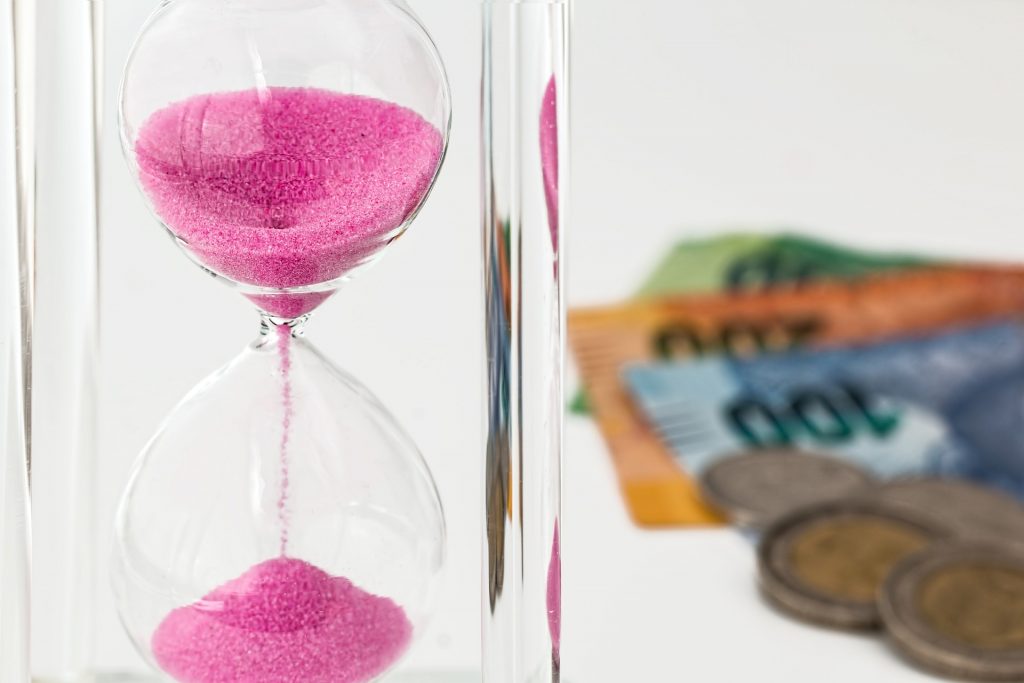Thousands of people seem to buy into this notion, but is there any element of truth to this belief that seems to be so persistent amongst people. According to various studies as well as research, it turns out that Biggies hypothesis, “mo money, mo problems” is not as true as the popular song proclaims.
Research done has implicated that countries with a high Gross Domestic Product tend to have citizens with a greater average life satisfaction. People with higher incomes also tend to report a higher sense of happiness.
So why and how does money influence happiness? There are a few basic human needs that money grants people access to, from food to medical aid, better health care, shelter and clothes. These are things that generally offer people a sense of well-being and serve as a buffer against stress or worry about making ends meat or survival. Also, keep in mind that what you do with your money (how you spend it) also has an impact on whether money boosts your happiness or not. Research indicates that spending money on experiences like travel, advendtures, learning new skills has more of a positive impact on emotions than spending money on material possessions.
However it is important to note that people who attribute a greater value to money as a determinant of personal happiness are less satisfied than those who do not. So try not to put all your happiness eggs into the money basket; it’s important to have other sources of happiness; meaningful relationships, work, leisure activities can all boost happiness.
Always keep in mind that authentic happiness is an inside job and extrinsic forces can only add on or take away from your inner source of bliss to the extent that you allow them to but they can never be the end all and be all of your source of joy.
- Beauty Boois, Psychological Counselor, Founder of @yogabybeauty & @NamMentalHealth, Blogger, Writer, Poet




